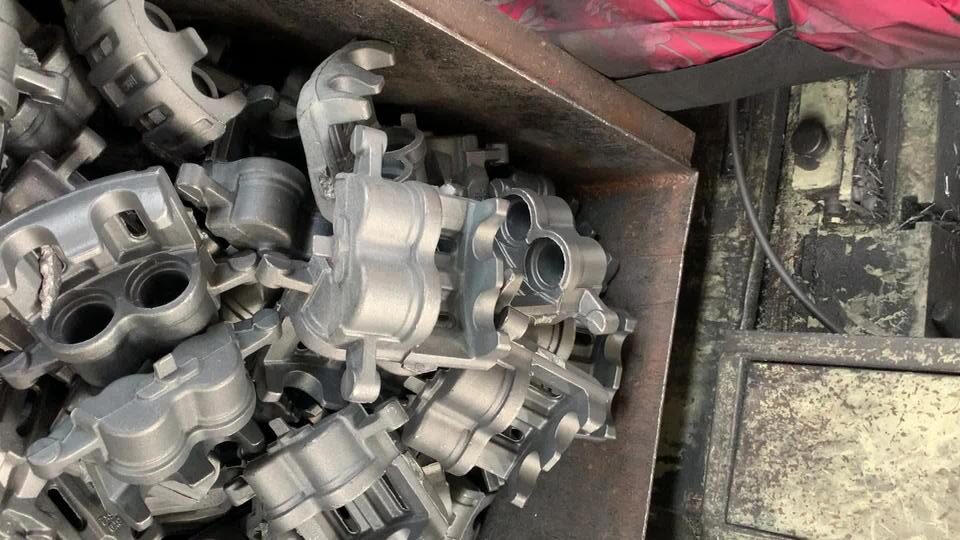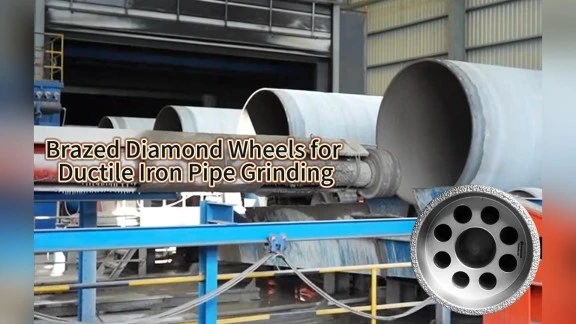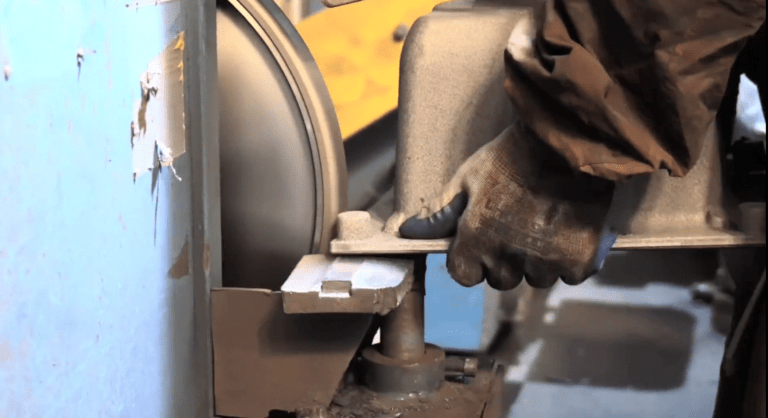Foundry products refer to a diverse range of items and components produced through the foundry process. Foundries are industrial facilities that specialize in melting metals and pouring the molten material into molds to create specific shapes. The products manufactured in foundries play crucial roles in various industries. Here are some common foundry products:
Casting Components:
Foundries produce a wide variety of casting components, including intricate and large parts made from metals such as iron, steel, aluminum, brass, and more. These components can range from simple shapes to complex, precision-engineered parts.
Automotive Parts:
Many components used in the automotive industry are manufactured through foundry processes. This includes engine blocks, cylinder heads, transmission housings, brake components, and other metal parts.
Machine Parts:
Foundries contribute to the production of machine parts used in various industrial equipment. This can include gears, pulleys, shafts, and other components that require specific material properties and precision.
Pipe and Fittings:
Pipes and fittings for plumbing, construction, and industrial applications are often produced through foundry processes. Materials such as iron and steel are commonly used for these products.
Valves and Pump Components:
Foundries manufacture valves, pump casings, impellers, and other components critical to fluid control and transportation systems. These products are commonly used in industries such as oil and gas, water treatment, and chemical processing.
Railway Components:
Foundries produce components for the railway industry, including rail tracks, train wheels, and various parts for locomotives and rolling stock.
Agricultural Equipment Parts:
Components for agricultural machinery, such as tractor parts, plow components, and harvesting equipment, are often manufactured in foundries.
Architectural Castings:
Decorative and structural components used in architecture, such as ornamental railings, lamp posts, and other architectural details, are often produced through foundry processes.
Art and Sculptures:
Some foundries specialize in producing artistic pieces and sculptures. Artists create molds, and foundries cast the desired shapes in metals like bronze or aluminum.
Military and Defense Components:
Foundries contribute to the production of components for military and defense applications. This includes parts for vehicles, weapons, and various equipment used by armed forces.
Marine Components:
Parts for marine applications, including ship components, propellers, and marine engine parts, are often manufactured through foundry processes.
Energy Industry Components:
Foundries produce components for the energy sector, such as parts for turbines, generators, and other equipment used in power plants.
Foundry products are diverse and essential to various industries, providing the foundational components for the construction of machinery, infrastructure, and various other applications. The versatility of the foundry process allows for the production of components in different shapes, sizes, and materials to meet specific industry needs.




